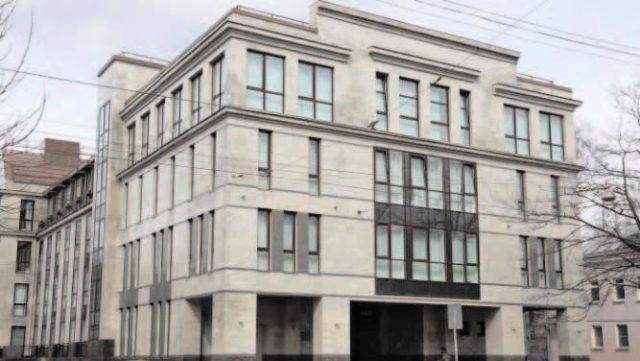ST PETERSBURG (RUSSIA) (TIP): Deep inside a four-story marble building in St Petersburg, hundreds of workers tap away at computers on the front lines of an information war, say those who have been inside. Known as “Kremlin trolls”, the men and women work 12-hour shifts around the clock, flooding the internet with propaganda aimed at stamping President Vladimir Putin’s world vision on Russia, and the world.
The Kremlin has always dabbled in propaganda, but in the past year its troll campaign has gone into overdrive, adding hundreds of online operatives to help counter Western pressure over its role in the pro-Russian insurgency in eastern Ukraine. The program is drawing Serbia away from its proclaimed EU membership path and closer to the Russian orbit, and is targeting Germany, the United States and other Western powers. The operation has worried the European Union enough to prompt it to draw up a blueprint for fighting Russia’s disinformation campaign, although details have not yet been released.
Lyuda Savchuk, a single mother with two children, worked in the St Petersburg “troll factory” until mid-March. The 34-year-old journalist said she had some idea of the Orwellian universe she was entering when she took the job, but underestimated its intensity and scope.
“I knew it was something bad, but of course I never suspected that it was this horrible and this large-scale,” she said in an interview in her apartment, which has colorful drawings on the walls for her two preschool-age children.
She described how the trolls manage several social media accounts under different nicknames, such as koka-kola23, green—margo and Funornotfun. Those in her department had to bash out 160 blog posts during a 12-hour shift. Trolls in other departments flooded the internet with doctored images and pro-Putin commentary on news stories that crop up on Russian and western news portals.
In some departments, she said, the trolls receive daily talking points on what to write and what emotions to evoke. “It seems to me that they don’t know what they are doing,” Savchuk said. “They simply repeat what they are told.”
She said most of the trolls are young and are attracted by relatively high monthly salaries of 40,000 to 50,000 rubles ($800 to$1,000).
Her descriptions of the work coincide with those of other former trolls who have spoken publicly, although Savchuk is one of the few willing to have her full name published. She quit after a little more than two months, after finding she couldn’t stand being part of a propaganda machine.
The trolls are employed by internet Research, which Russian news reports say is financed by a holding company headed by Putin’s friend and personal chef. Those who have worked there say they have little doubt that the operation is run from the Kremlin.
St Petersburg journalist Andrei Soshnikov, who was one of the first to report on the “troll factory,” said about 400 people work in the building. A video he posted on YouTube this spring gave a rare glimpse inside the building; in one room trolls were shown sitting shoulder-to-shoulder at their computers. The operation moved into the building when it expanded in March 2014, the month Russia seized Crimea from Ukraine and provoked the first round of Western economic sanctions.
